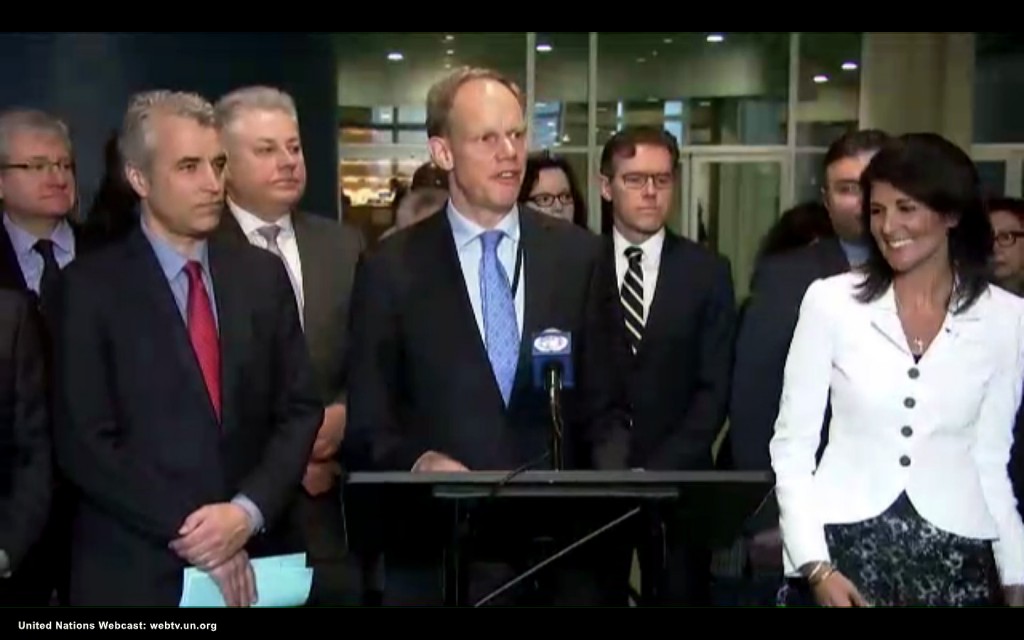The UK, US and France have stated their intention to never join the nuclear ban treaty in a statement released shortly after negotiations on the treaty concluded. The three states did not attend the negotiations, in which 122 states voted in favour of the final treaty text, with The Netherlands opposed and Singapore abstaining. None of the nine states in possession of nuclear weapons participated in the negotiations.
The treaty will be open for signature on 20th September and will come into force after 50 states have ratified it. It will not be binding on states which have not signed it, and the three nuclear weapons states have repeatedly made their opposition to the treaty known.
Their statement also says that the three states will not accept any claim that the treaty could become customary international law. In practice, this is extremely unlikely to happen, not least because the ‘persistent objection’ of states who would be affected can prevent a treaty from becoming customary international law. The wording of the statement is probably intended to embody this type of persistent objection.
As well as signalling their intention to never be bound by the nuclear ban treaty, the statement contains a number of criticisms of the treaty. The complaints include that the treaty does not take the “international security environment” into account, that it creates divisions and that it has no solution to the issue of North Korea’s nuclear programme. The ban treaty is also criticised for being incompatible with nuclear deterrence, which the three states credit with keeping the peace in Europe and North Asia for over 70 years.
The three states reiterate their support of the Non-Proliferation Treaty (NPT) and for the eventual goal of nuclear disarmament. However, they maintain that “general and complete disarmament must be done in a way that promotes international peace and security, and strategic stability”.
The UK Government has repeated the sentiment in the statement when answering parliamentary questions. In response to a question asking what the UK has done to further Article VI of the NPT, which commits states with nuclear weapons to pursue eventual disarmament, the government spoke of the “complex challenges” that needed to be overcome and called for nuclear disarmament to be pursued through a “consensus-based approach that takes into account the wider global security context”.
